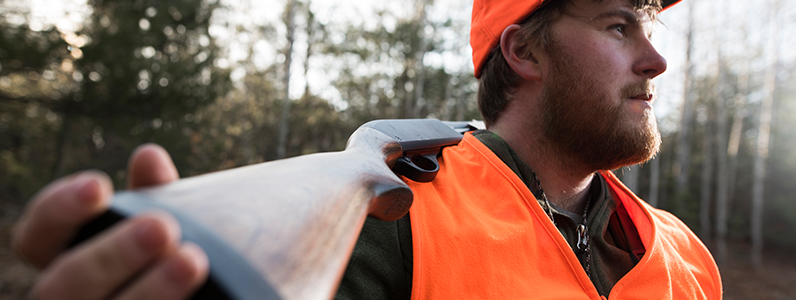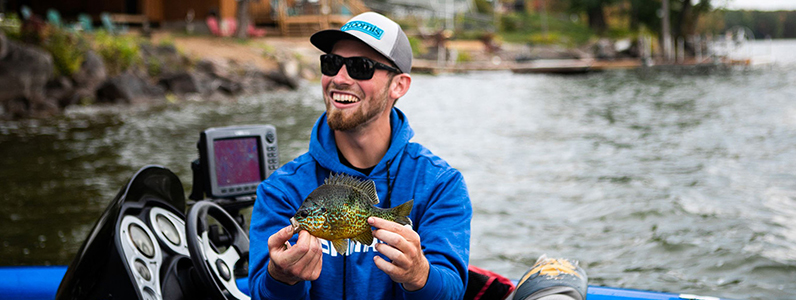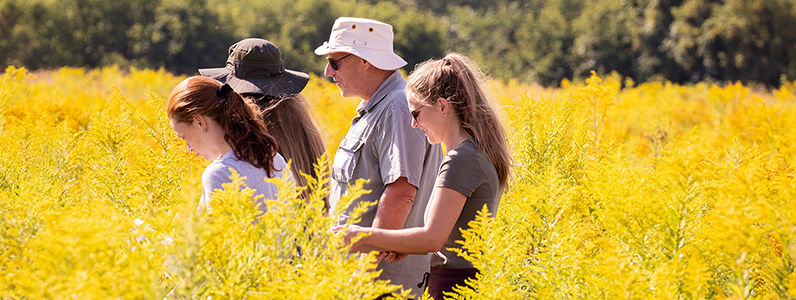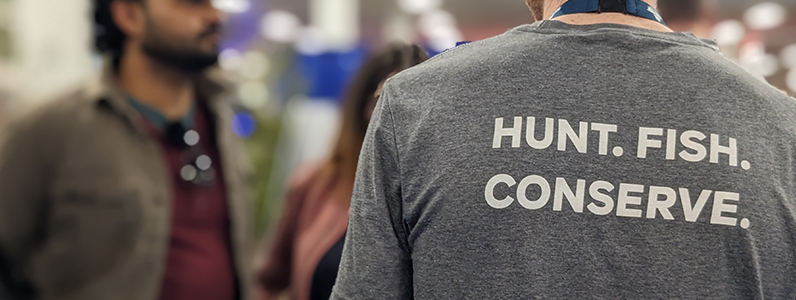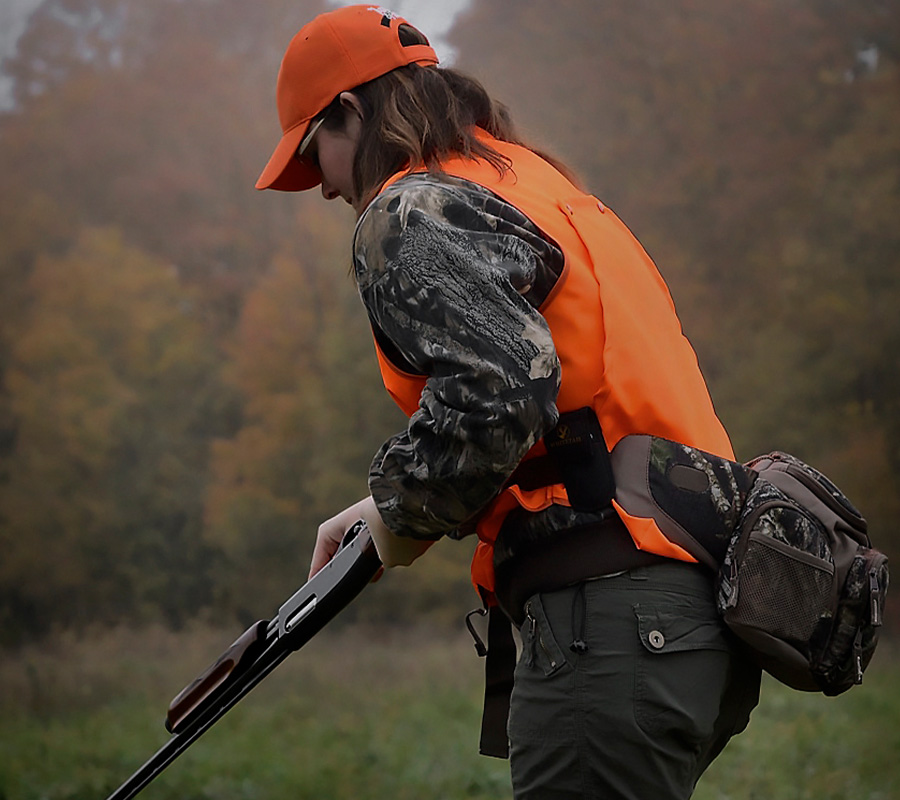
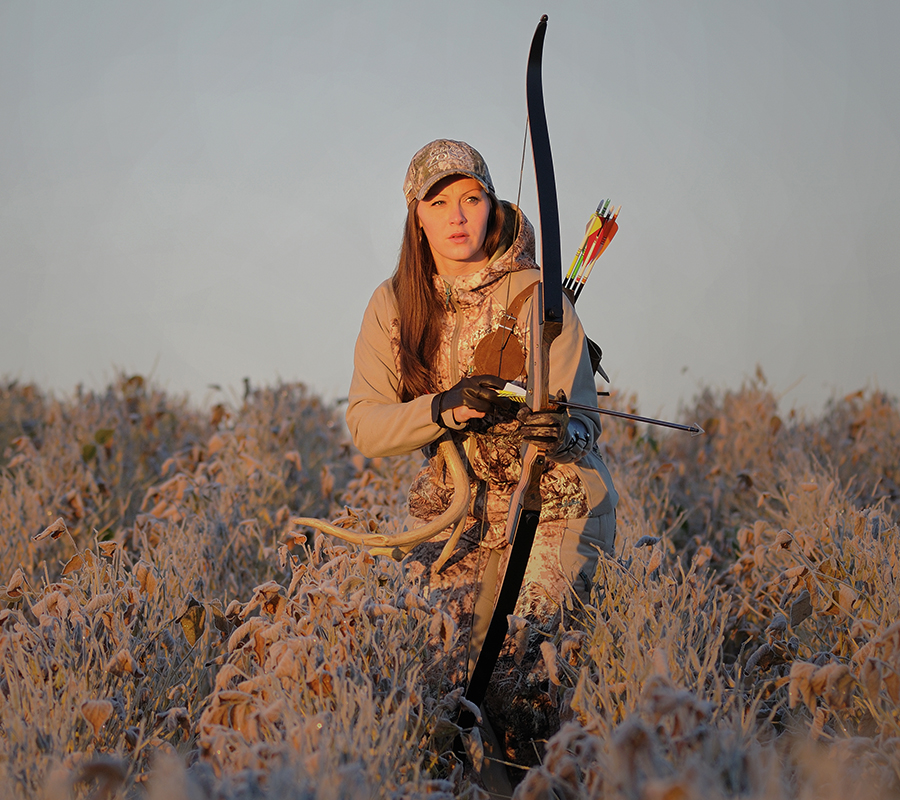
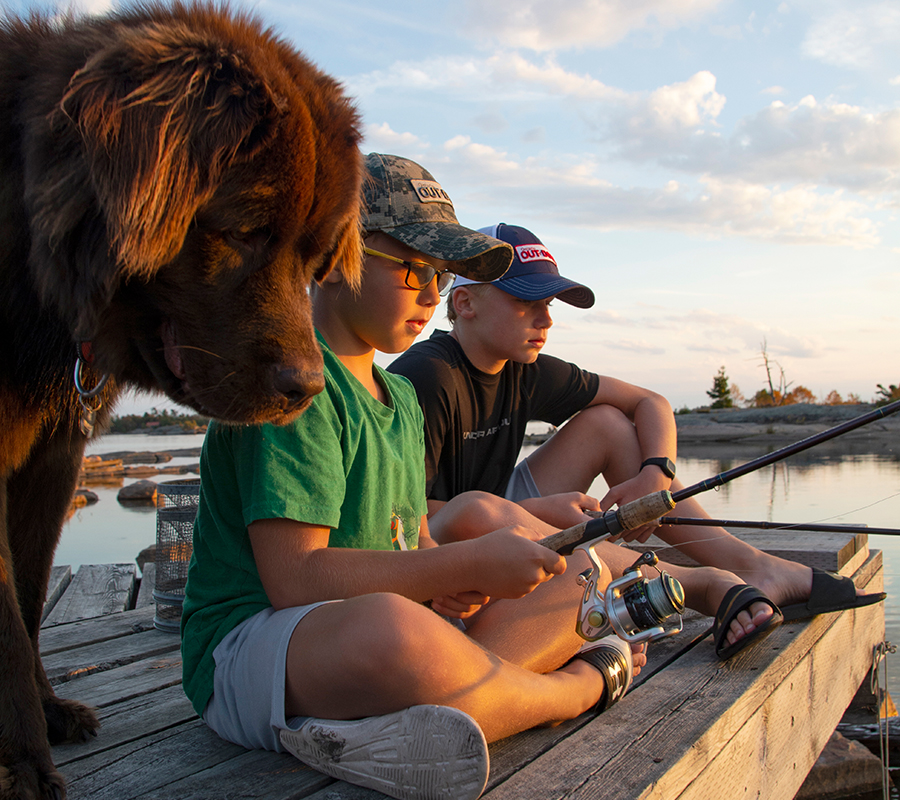
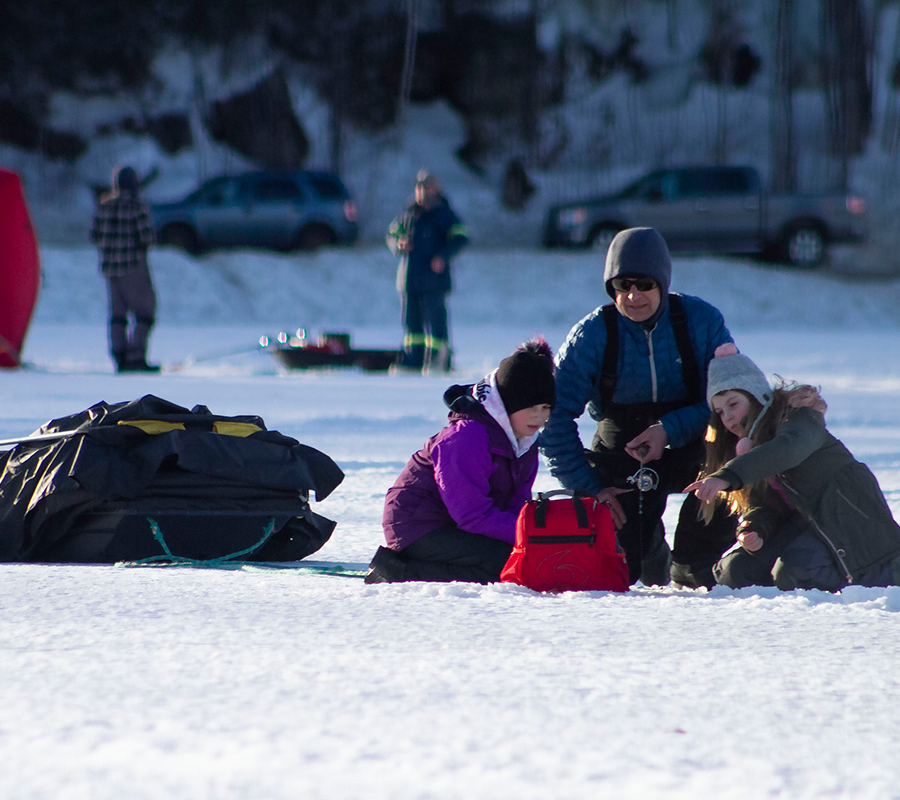
We are the
voice of anglers and hunters.
JOIN A COMMUNITY OF PEOPLE OUTDOORS
Explore all of the OFAH’s membership benefits and resources while helping to sustainably conserve Ontario’s fish and wildlife.
Hunt. Fish. Conserve.
Advocacy | How-Tos
Get Hunting
Discover expert tips and advocacy efforts for hunting in Ontario. Join our community to enhance your hunting skills and contribute to wildlife conservation.
Learn More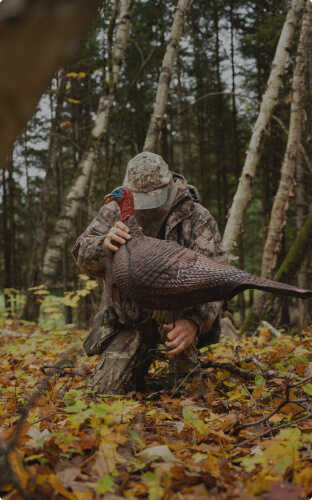
How-Tos
Get Fishing
Learn essential fishing techniques and become an advocate for sustainable fishing practices. Connect with fellow anglers to share experiences and knowledge.
Learn More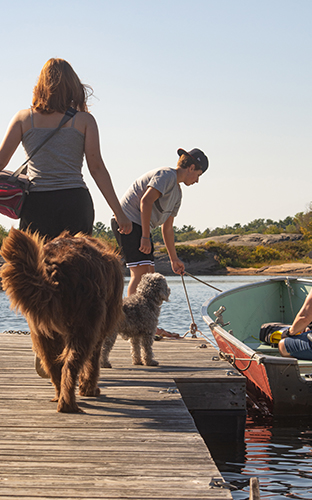
Advocacy | How-Tos
Start Conserving
Stay informed about our conservation programs and initiatives. Participate in preserving Ontario’s natural habitats for future generations.
Learn More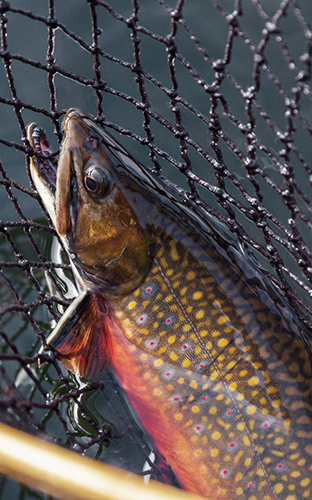

What our
Membership
Means
BECOME A MEMBER
Join all of us at OFAH and get access to exclusive content, events, and a supportive community dedicated to fishing, hunting, and conservation in Ontario. Be a part of something bigger and experience the benefits of membership today.

Get Reading & Watching
OFAH Insider blog and news will keep you up-to-date on OFAH activities.
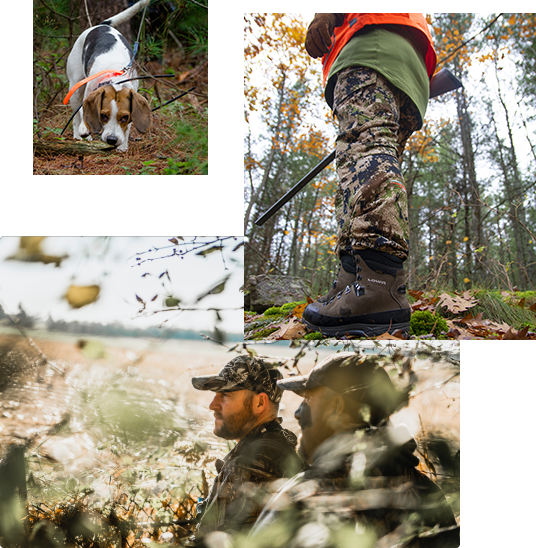
GET READING & WATCHING
Dedicated to Conservation of Ontario’s great outdoors for everyone to enjoy.
Learn more about OFAH’s mission, history, and discover our passion for conservation and the traditions of fishing and hunting.
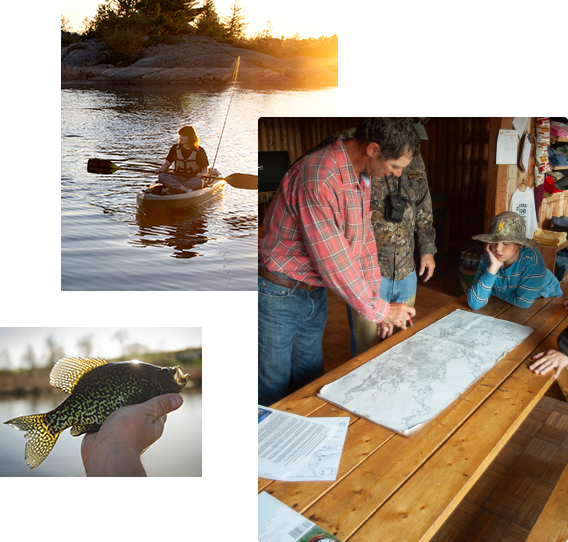
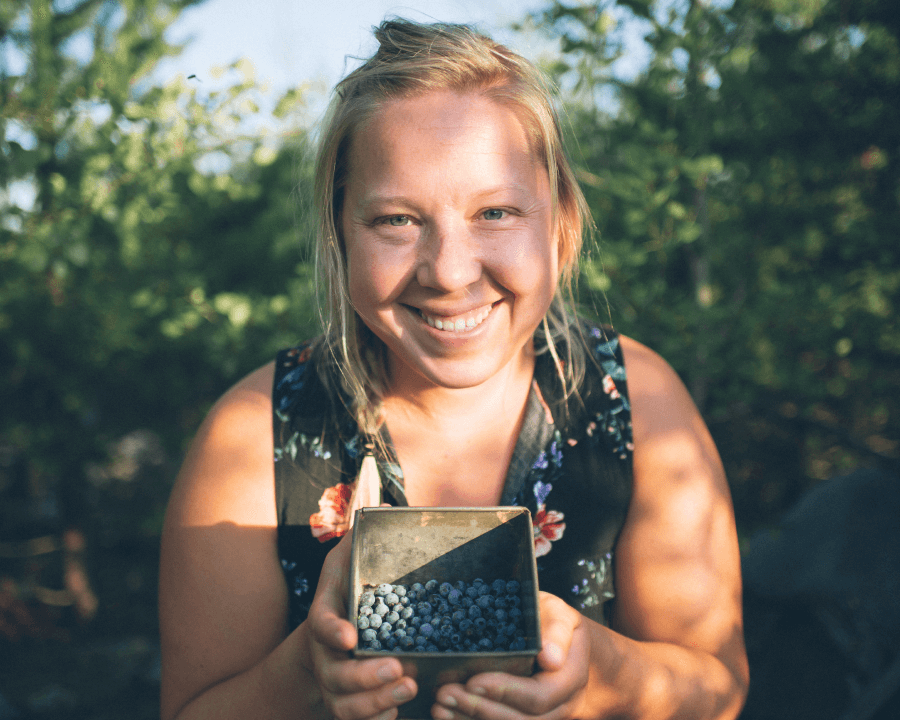
Be apart of
something bigger.
BECOME A Volunteer
Join our volunteer program community and be a part of wildlife conservation. Help make a difference so that future generations can continue to enjoy angling and hunting in Ontario.
